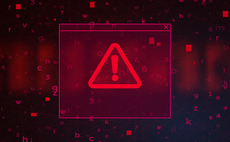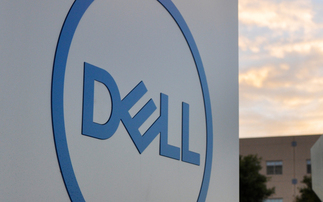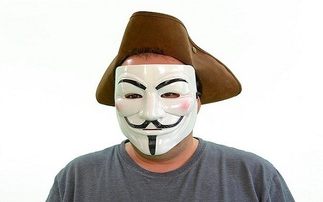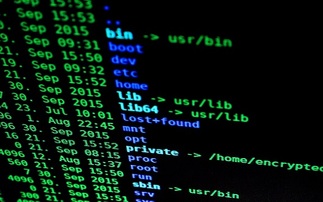Kaspersky finds new ransomware as cyber criminals become ever more brazen
Cyber criminals are using malware to encrypt data on users' hard drives, and threatening to permanently delete it all if users don't pay a ransom of $125 (£78). This new variant of well-known ma...
To continue reading this article...
Join Computing
- Unlimited access to real-time news, analysis and opinion from the technology industry
- Receive important and breaking news in our daily newsletter
- Be the first to hear about our events and awards programmes
- Join live member only interviews with IT leaders at the ‘IT Lounge’; your chance to ask your burning tech questions and have them answered
- Access to the Computing Delta hub providing market intelligence and research
- Receive our members-only newsletter with exclusive opinion pieces from senior IT Leaders






















